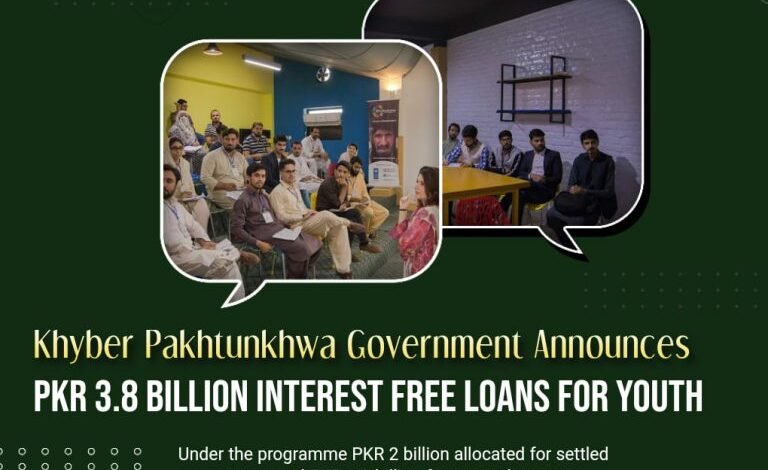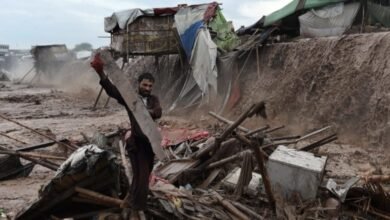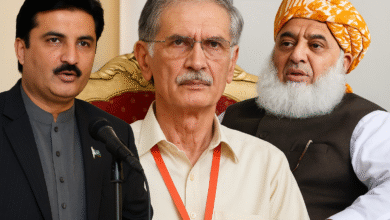Building Dreams, Interest-Free

By Ghulam Haider Shaikh
The Khyber Pakhtunkhwa government’s decision to launch interest-free loans for the construction of private homes marks a bold and compassionate step towards addressing Pakistan’s chronic housing crisis. As Chief Minister Ali Amin Gandapur unveiled this initiative, it sent a clear message: housing is not just a policy issue but a human right that demands urgent attention.
With an estimated housing shortfall of over 10 million units nationwide, Pakistan’s urban and rural populations alike have long suffered from inadequate access to affordable and dignified housing. In Khyber Pakhtunkhwa, this deficit is felt even more acutely due to rapid population growth, rural-to-urban migration, and the lingering effects of conflict and natural disasters that have displaced thousands. For families struggling to make ends meet, owning a home has often remained an unattainable dream.
By offering interest-free loans, the KP government has removed a major barrier for low- and middle-income citizens. In a country where commercial lending rates hover at historically high levels due to inflation and monetary tightening, accessing credit for home construction is almost impossible for ordinary people. This initiative democratizes access to financial resources and allows people to invest in their own futures without falling into the debt traps that conventional loans often create.
The social implications of such a program are profound. Homeownership is more than a financial asset—it is a source of stability, dignity, and security. Families in their own homes are better positioned to invest in education, health, and small-scale entrepreneurship. Moreover, this initiative could contribute to community development by encouraging people to settle in areas closer to their workplaces, reducing urban sprawl and the pressure on overcrowded cities.
From an economic perspective, the ripple effects could also be significant. The construction sector is one of Pakistan’s largest employers and a driver of over 40 allied industries, including cement, steel, and furniture. A surge in private home construction could create jobs, stimulate local economies, and contribute to GDP growth. In KP, where unemployment remains a pressing issue, this initiative could provide much-needed opportunities for skilled and unskilled labor alike.
Yet, for this program to succeed and avoid pitfalls seen in similar efforts elsewhere, several challenges must be addressed proactively. First, transparency in the allocation and disbursement of loans is critical. Any perception of political favoritism or mismanagement could undermine public trust and the initiative’s credibility. Establishing clear eligibility criteria, robust monitoring mechanisms, and independent oversight will be essential.
Second, the government must ensure that the housing being built meets minimum standards for safety and sustainability. Pakistan is increasingly vulnerable to climate-related risks such as floods and heatwaves; new housing developments should incorporate resilient designs and materials to protect residents.
Third, while interest-free loans remove one barrier, land acquisition and access to basic infrastructure—water, sanitation, electricity—remain major hurdles for many prospective homeowners. The KP government should coordinate with municipal authorities to provide these essential services in newly developing areas.
It is also important to recognize that while this program addresses the demand side of the housing equation, a broader strategy is needed to increase the overall supply of affordable housing. Incentivizing private developers, reforming outdated land-use policies, and cracking down on speculative real estate practices must accompany such initiatives.
Ultimately, the KP government’s interest-free housing loan scheme represents hope for thousands of families yearning for a place to call their own. If implemented with vision and integrity, it could become a model for other provinces and a cornerstone of Pakistan’s fight against poverty and inequality.
This is not merely about building houses; it is about building lives, communities, and a future where every Pakistani has the dignity of a roof over their head.




